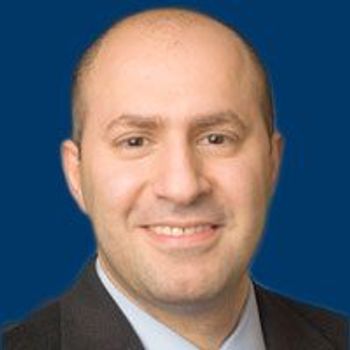
Patients with renal cancer who underwent cytoreductive nephrectomy and targeted therapy had improved survival compared with patients who did not undergo the surgery.

Patients with renal cancer who underwent cytoreductive nephrectomy and targeted therapy had improved survival compared with patients who did not undergo the surgery.

The FDA has placed a partial clinical hold on a planned pivotal trial examining an investigational T-cell therapy in patients with myxoid round cell liposarcoma.

Certain patients with metastatic renal cell carcinoma safely underwent active surveillance of their disease prior to undergoing systemic therapy.

Collective findings from clinical trials show that, for women with early-stage breast cancer who have a low 21-gene recurrence score, adding chemotherapy to standard hormonal therapy does not show a difference in survival.

Cabozantinib (Cabometyx) has received a positive recommendation from the EMA's Committee for Medicinal Products for Human Use for use as treatment for patients with advanced renal cell carcinoma after the failure of VEGF-targeted therapy.

The CHMP has recommended the approval of lenvatinib in combination with everolimus for patients with advanced renal cell carcinoma following one prior VEGF-targeted therapy.
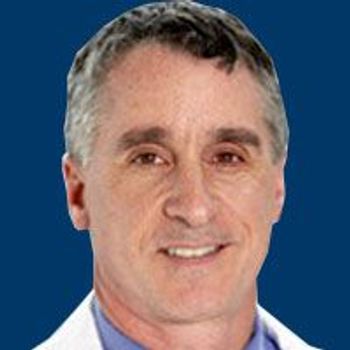
The CD19-targeting CAR T-cell therapy CTL019 induced responses in 53% of patients with relapsed/refractory chronic lymphocytic leukemia, including complete remissions in 35% of patients.

At the annual meeting of the American Society of Clinical Oncology, results were presented from a phase 1/2 trial in which patients with relapsed or refractory CD19+ B-cell malignancies were treated with CD19 CAR-T cells.

After less than a week, the FDA has lifted a clinical hold placed on the phase II ROCKET study that is exploring the CAR T-cell therapy JCAR015 for adult patients with relapsed or refractory B cell acute lymphoblastic leukemia.

Researchers discovered a clinically translatable gene therapy protocol, which is a gene delivery system that introduced the production of therapeutic clotting proteins in platelets, so that the inhibition of inactivating antibodies is avoided.

Sunitinib (Sutent) extended disease-free survival versus placebo as an adjuvant therapy for patients with renal cell carcinoma at high risk of recurrence in the phase III S-TRAC trial.

The FDA has placed a clinical hold on a phase II study exploring the CD19-targeted CAR-T cell therapy JCAR015 for adult patients with relapsed or refractory B cell acute lymphoblastic leukemia.

The European Commission has approved brentuximab vedotin (Adcetris) for use as a consolidation therapy following autologous stem cell transplantation in patients with CD30-positive Hodgkin lymphoma at risk of relapse or progression.

The targeted therapy drug everolimus may be safely combined with R-CHOP in newly diagnosed, untreated diffuse large B-cell lymphoma.

An ongoing phase II, four-cohort trial involving capmatinib (INC280), an oral MET inhibitor, will determine the clinical activity of the agent in pretreated patients with advanced non-small cell lung cancer who have undergone one or two lines of therapy.

Three-fourths of patients with advanced lymphoma achieved durable objective responses to treatment with chimeric antigen receptor T-cell therapy targeting CD19 even after a low-dose chemotherapy conditioning regimen.

As part of our coverage of the annual ASCO conference, we spoke with Dr. Veronika Bachanova on the role of NK cell therapy in hematologic malignancies.

Alectinib improved progression-free survival by 66% compared with the current standard crizotinib as initial inhibitor therapy in patients with advanced or recurrent ALK-positive non–small cell lung cancer.
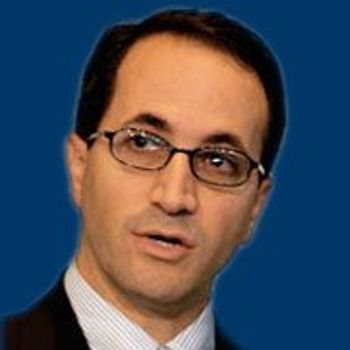
Treatment with single-agent nivolumab improved overall survival and objective response rates compared with investigator's choice of therapy for patients with recurrent or metastatic head and neck squamous cell carcinoma.
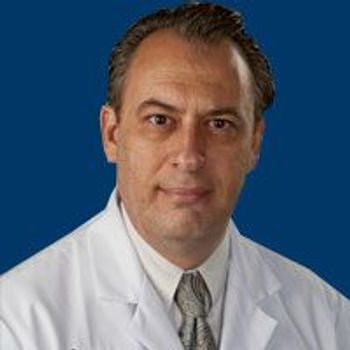
A novel antiangiogenic gene therapy, added to bevacizumab, led to significantly better overall survival in recurrent glioblastoma multiforme compared with historical patients treated with bevacizumab alone, a small phase II trial showed.

During a session on the second day of the annual meeting of the American Society of Clinical Oncology, experts discussed treating patients with chimeric antigen receptor T cells (CAR-T cells).

The majority of patients with clear cell renal cancer saw benefit from pazopanib therapy prior to undergoing cytoreductive nephrectomy, according to a single-arm study.
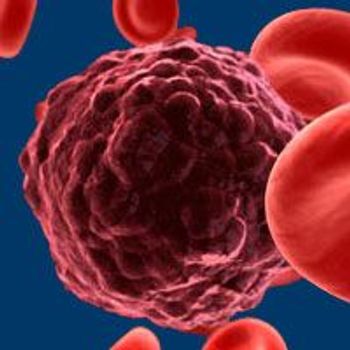
The EMA's Committee for Medicinal Products for Human Use has granted a positive opinion to brentuximab vedotin (Adcetris) for use as a consolidation therapy following autologous stem cell transplantation in patients with CD30-positive Hodgkin lymphoma at risk of relapse or progression.

Gene therapy first hit the radar of retinal physicians in 2008, when three independent research groups reported that patients with Leber's congenital amaurosis, a rare genetic retinal disease, had been successfully treated using gene therapy with adeno-associated virus (AAV).

The FDA has approved the combination of lenvatinib and everolimus as a treatment for patients with advanced renal cell carcinoma (RCC) following prior anti–angiogeneic therapy

Induced pluripotent stem cells (iPSC) may provide an unlimited number of phenotypically defined, functional and expandable autologous antigen-specific T cells with the characteristics needed to combat cancer.

Mark Ball, MD, discusses the clinical, pathological, and genomic profiles of exceptional responders to anti–PD-1 therapy in renal cell carcinoma, the future of immunotherapy, and what significance genomic testing may hold.

Some patients with mantle cell lymphoma may safely defer treatment for their disease, and, in fact, deferral of therapy was an independent predictor of overall survival.

Researchers in Seattle are reporting success with an experimental therapy that modifies T cells to express a CD19-specific chimeric antigen receptor (CAR) to treat B-cell malignancies.

Gene therapy with the CRISPR/Cas9 system corrects mutations identified with patient-specific models that use stem cells generated from skin.